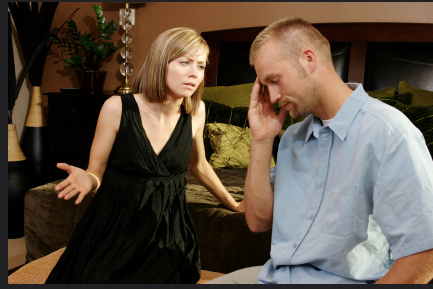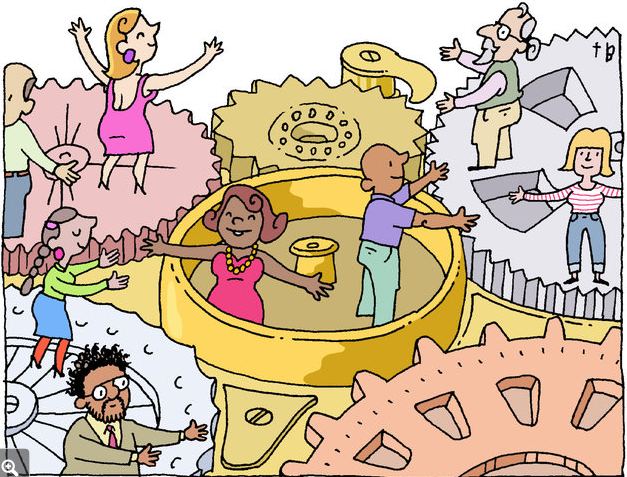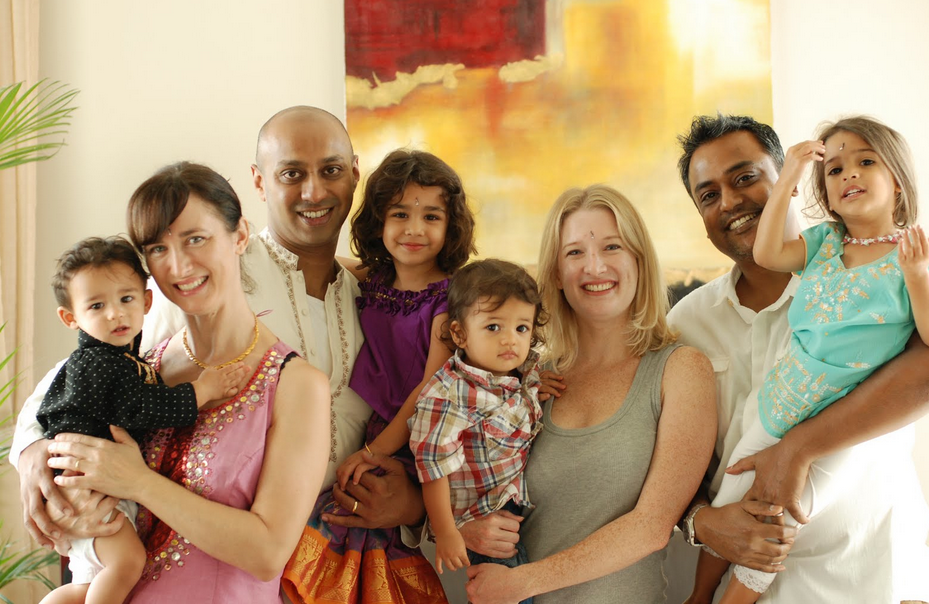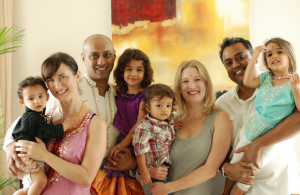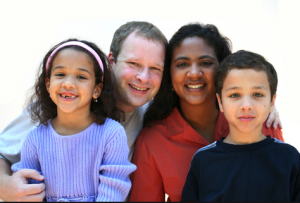 By Douglas LaBier • October 28, 2020
By Douglas LaBier • October 28, 2020
In these times, couples that work from home and see each other 24/7 recognize the difficulty of staying emotionally and romantically connected, especially if they have children. Your living environment can feel confining and stressful, and the whole situation makes it difficult to give enough continuous attention to your romantic relationship. Many people are speaking about this dilemma in their psychotherapy sessions. Some recent research, however, suggests that a few simple steps can help energize your intimate connection with your partner as we all live through these pandemic days. Knowing how to do that will also benefit your relationship in “normal times,” when, hopefully, they return. Here are some of the steps people can take:
Express More Than just “Thanks!”
One of these new studies found that when you take time to express appreciation to your partner for even small acts of thoughtfulness – but with more descriptive words of gratitude than you might normally offer – the recipient reports feeling more positive and intimate toward you, in return.
To explain, it’s been established that gratitude creates greater bonds between people, but the researchers noted that some expressions of gratitude might cause the other person to feel guilty or embarrassed. So they looked more deeply into what occurs with different forms of expression. They found that when you elaborate on how grateful you feel about your loved one’s response to your needs, your partner feels more loving, in return. And that enhances the relationship between the two of you. An example: Saying not just, “Thanks for remembering to pick up some things from the cleaners,” but something like “Hey, that was really thoughtful that you remembered. It helped with my crazy schedule; I really appreciate that!” The research, described here, found that those additional expressions of gratitude arouse more positive emotions in the recipient towards the partner. And that can be especially good for your relationship during this period of home confinement. The study was led by a team from the University of Toronto and published in the Journal of Social and Personal Relationships.
Two other findings reveal what else can help:
Align Your Personal Desires
This study found that communicating and describing to your partner what you’re aiming for or seeking — it may concern your personal goals, your work, your desires — tends to evoke the same desires in your partner, in his or her own way. And that creates a greater sense of connection. However, the research, from the University of Basil and described here, raises the possibility of either positive or negative outcomes when you do that with your partner. As I described in a previous post about “radical transparency,” the positive outcome of seeing a shared alignment is that it can strengthen feelings of intimacy; of being on the same “wavelength” on your journey together.
But it might also reveal that you’re not so aligned — that your partner reveals a desire for a different direction, or a different aim than your own. Of course, that could lead to positive, constructive efforts to resolve those differences. Or, it might expose deeper incompatibility. In any case, the stress of pandemic confinement upon couples highlights the importance of exploring whether you can create greater alignment in your individual life aims and desires during a stressful and uncertain time. And that outcome will carry over into post-pandemic times. The research was published in the Journal of Gerontology.
Finding Happiness With Each Other Increases Your Health
A third recent study found an interesting link: Couples that express happiness derived from just being together – through the ups and downs of life – tend to have greater overall health. Individuals in such couples experience less decline and fewer risk factors with age, according to the research, described here. I think that such couples are likely to share a common core of just enjoying each other’s company, along the way, whether by accident — “lucking out” with the right partner — or because they worked at building it. That was found in other research I described in a previous post as the “secret” of happy couples. The study linking happiness and health was conducted by Michigan State University and published in the Journal of Personality.
The accumulated evidence from these and similar empirical studies confirms and underscores what we see in therapy with individuals and couples. The data adds helpful guidance for finding ways to sustain intimacy during this time of extended stress. Needless to say, that’s also helpful for sustaining your emotional and romantic connection over the long run of your relationship.















